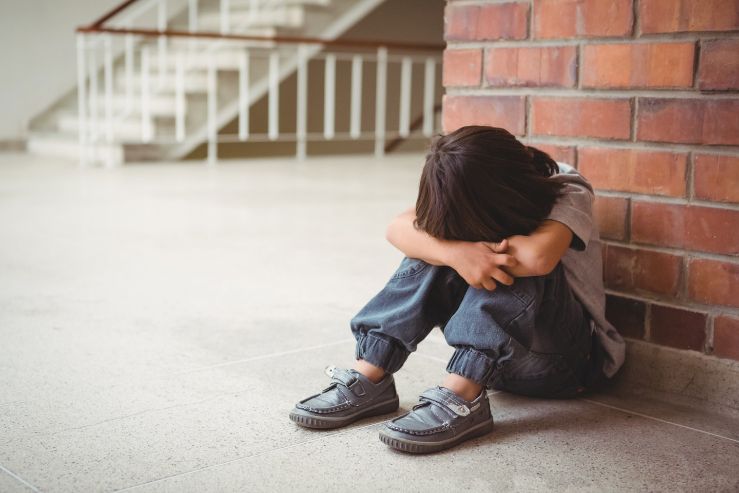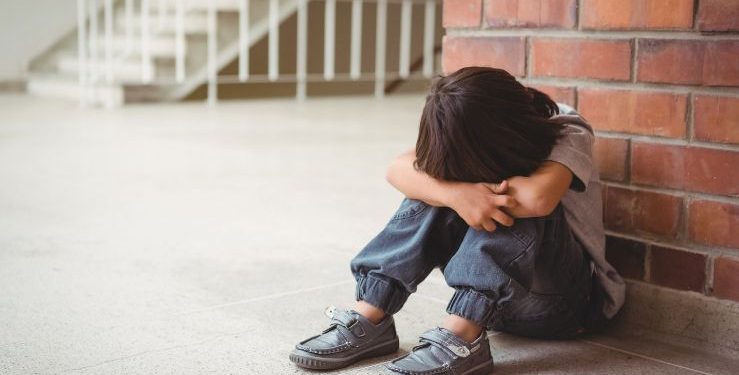The first sign to look out for is increased irritability. This is a normal reaction for children and teens to get upset, but if this goes on for weeks or months, it might be a sign of depression.
Other signs include trouble sleeping, a change in appetite or lack of interest in food or activities. Some children also complain of stomachaches or other aches and pains. Some kids also seem to lose interest in school or have poorer grades than usual.
These changes can be hard to notice, especially for older kids, but if you see these symptoms or your child’s mood seems out of balance for a long time, it is important to talk with your doctor and ask them if your child might be suffering from depression. You can also call Lifeline on 131 114 to find out more about support services in your area.
Guilt: Excessive guilt can be a common symptom of depression in children. It can cause them to feel like they have done something wrong, even when they haven’t. It can also lead to feelings of sadness, hopelessness, and worthlessness.
Loss of interest in play or games: Some children become bored with activities and don’t enjoy them as much as before. They may start to prefer playing video games or watching television instead of participating in fun, physical activities.
They may also have a hard time enjoying social situations. They may not want to go out with their friends, or they might feel lonely and want to stay home alone.

Suicide ideation: Thoughts of suicide can be a sign of depression in children. These thoughts can be very upsetting for children and are something they should not ignore, says Yann Poncin, MD, a pediatrician at Boston Children’s Hospital.
Depression is very treatable in childhood, but it takes a lot of work and commitment on your part. Your child’s GP and mental health professional will work with you to develop a treatment plan that works for your child. They will explore other things that might be causing the depression, like bullying or family stressors.
Getting help sooner can make a big difference for your child, and help them recover more quickly. Early treatment can also reduce the risk of your child having a relapse.
Your GP or mental health professional can recommend medication, therapy, and lifestyle changes to help your child recover from depression. They will also encourage you to participate in these treatments and help you learn how to support your child.
A good therapist can help your child find new ways to cope with their emotions and feel more like themselves again. Your child will benefit from learning skills that they can use to manage their depression at home and at school.
Some therapists also teach parenting skills that can be used to help your child with depression. Depending on your child’s needs, your therapist may also refer them to a psychologist or other mental health professional.









